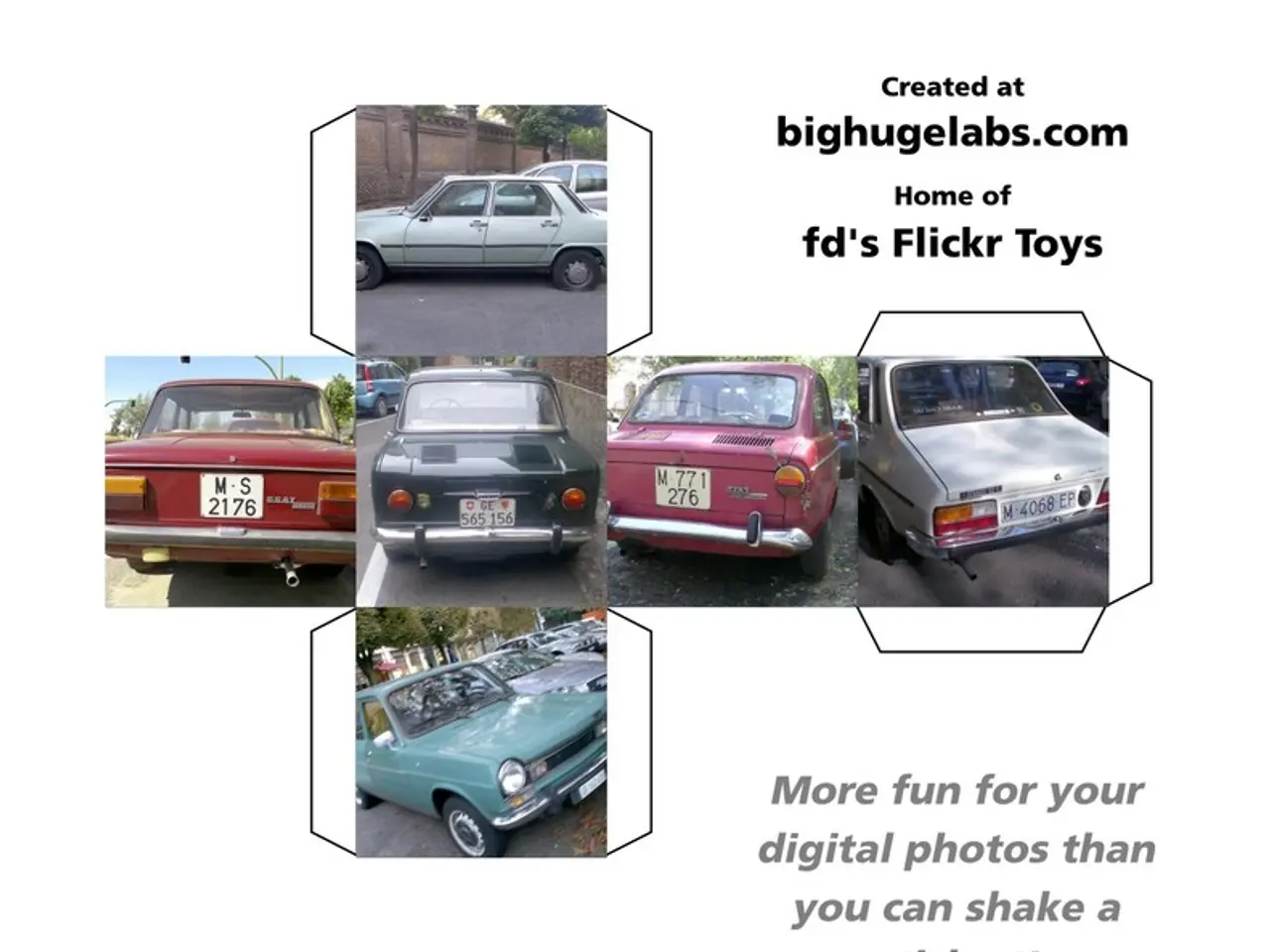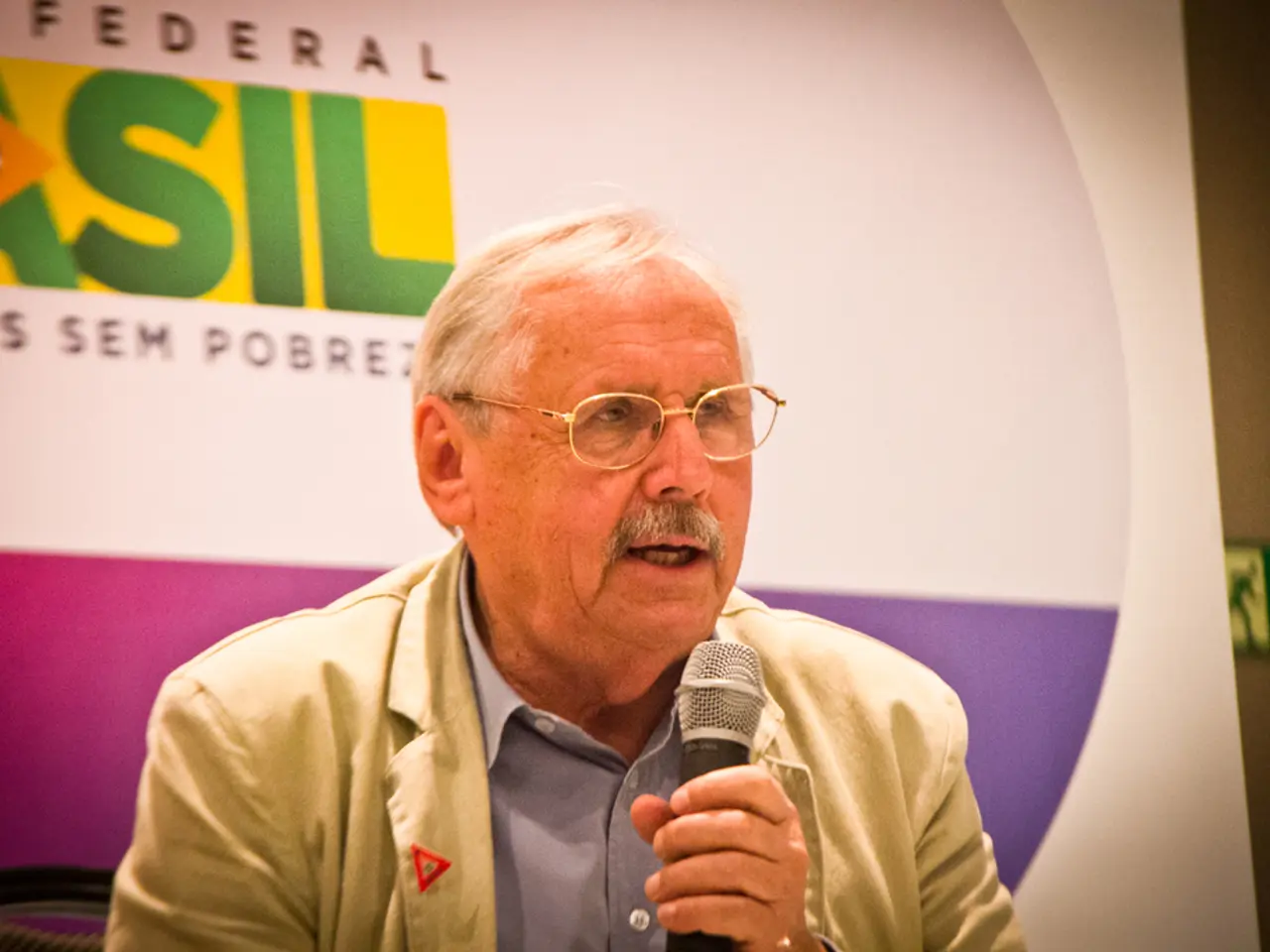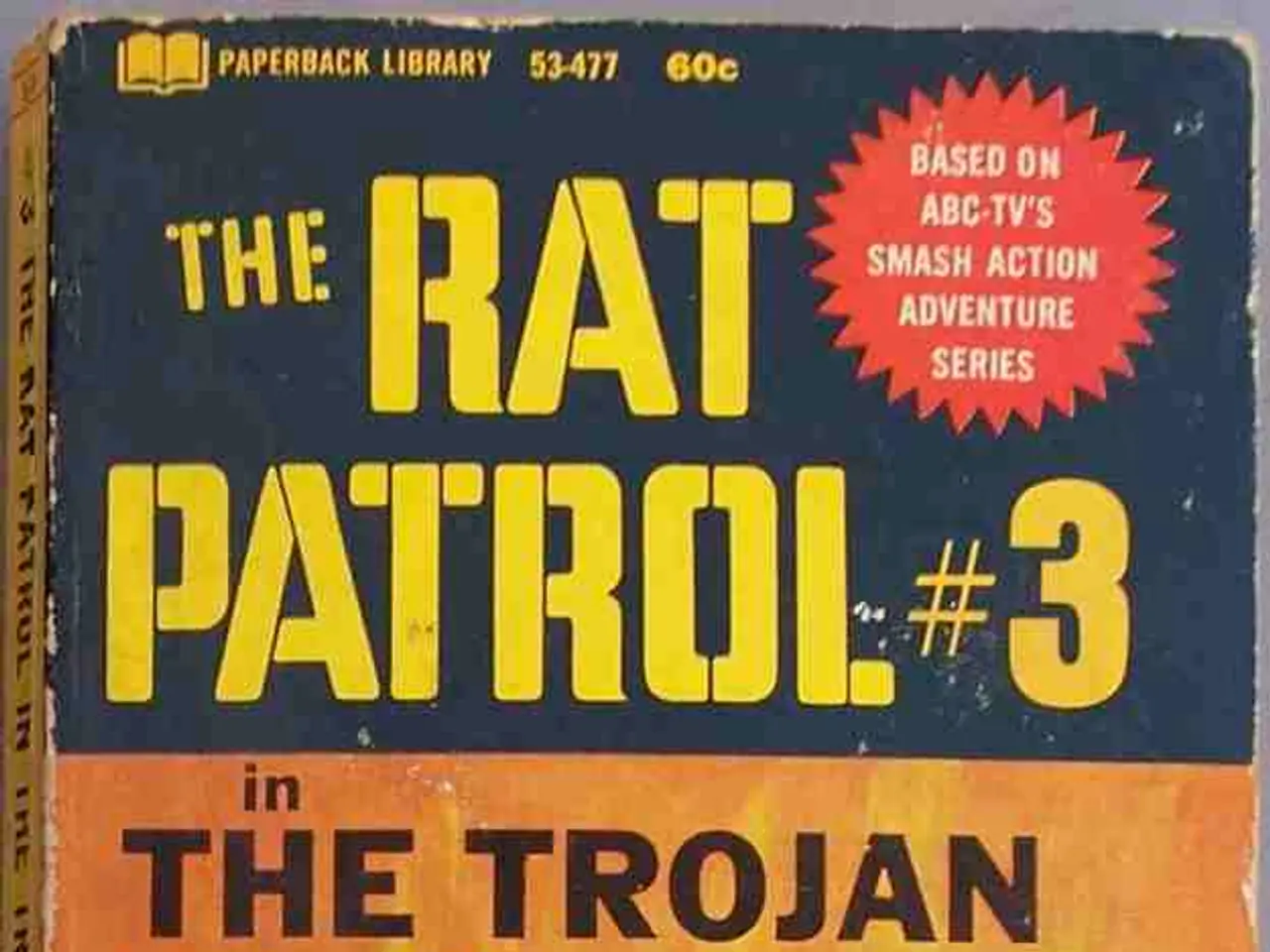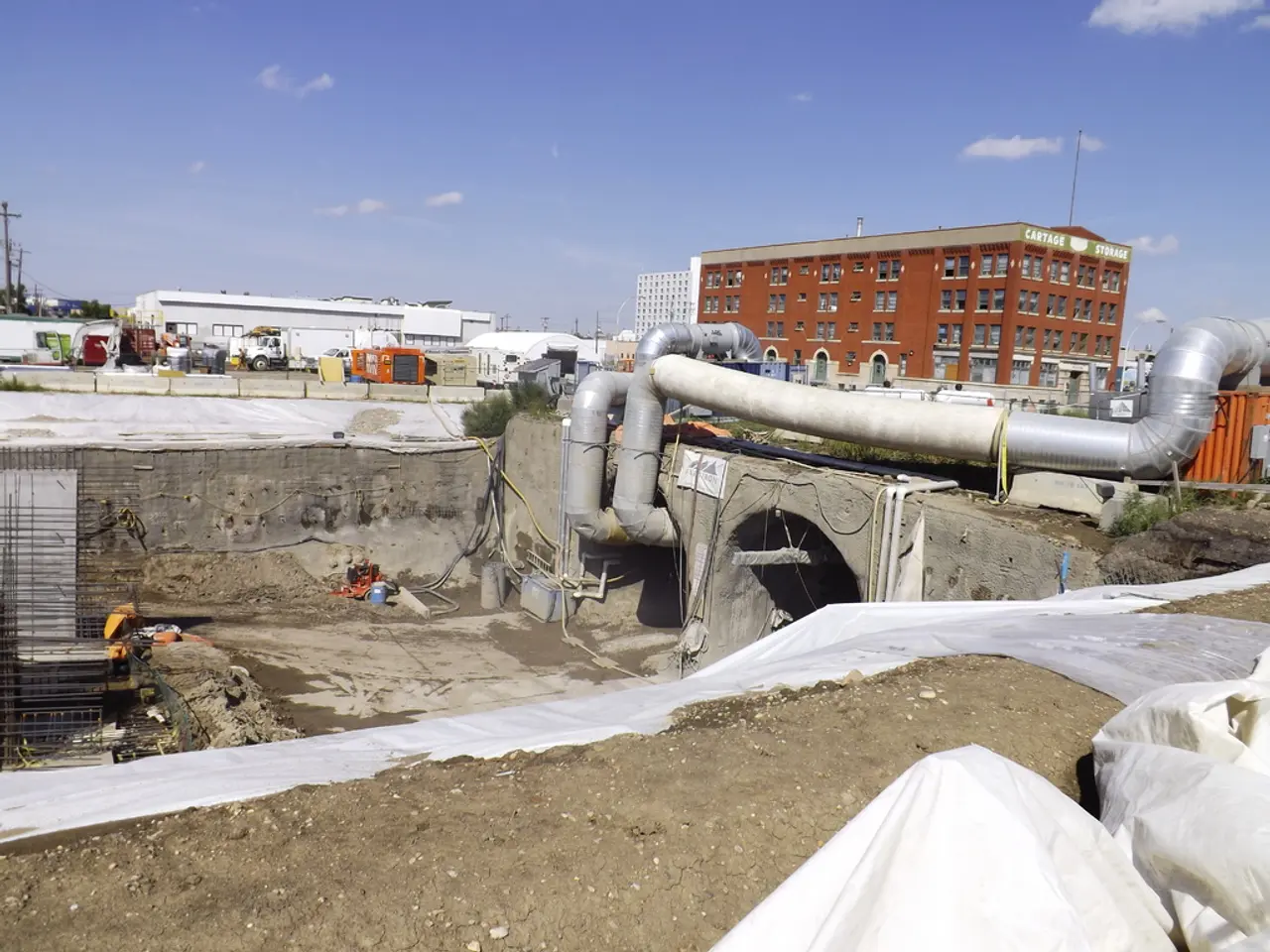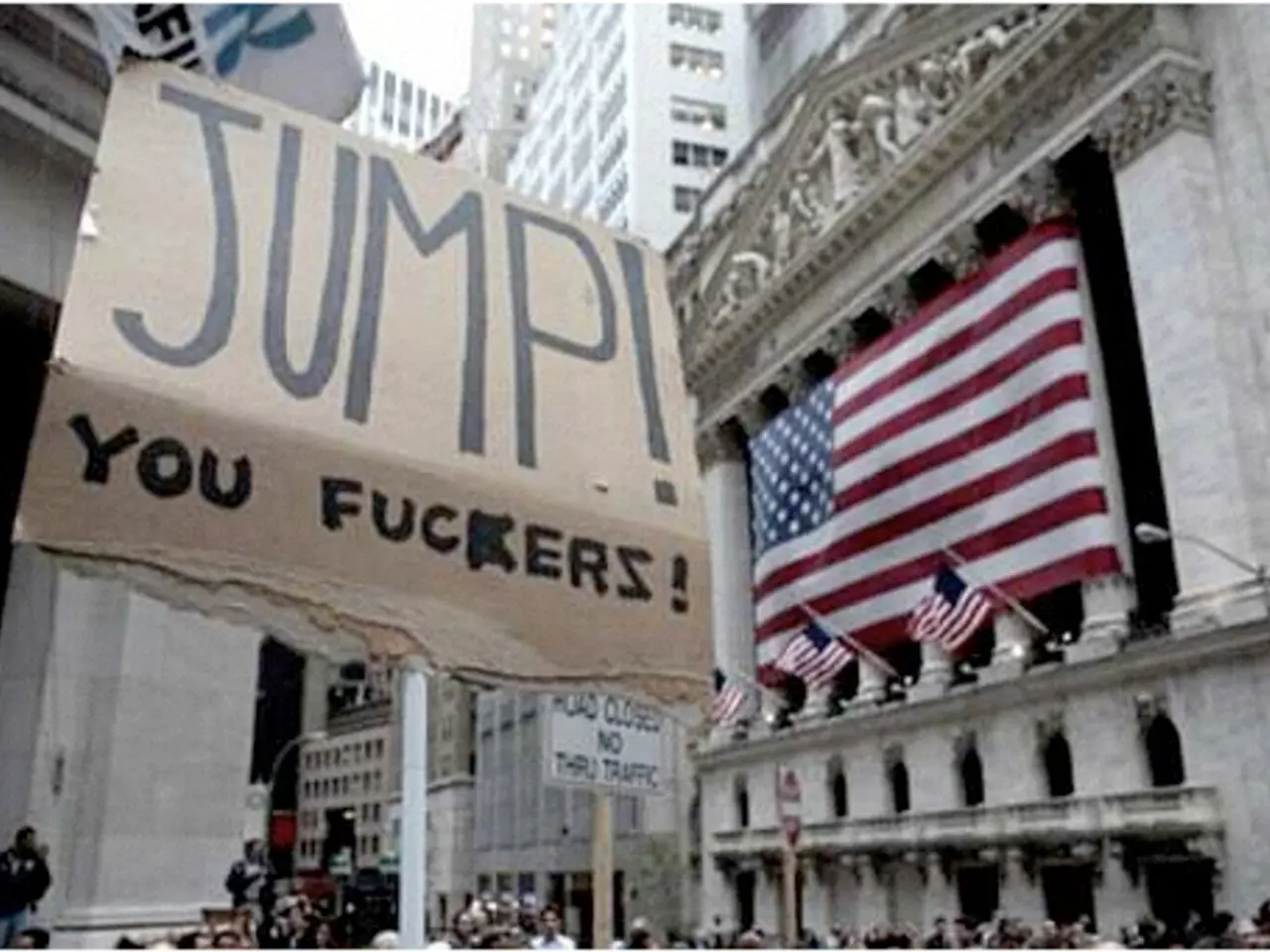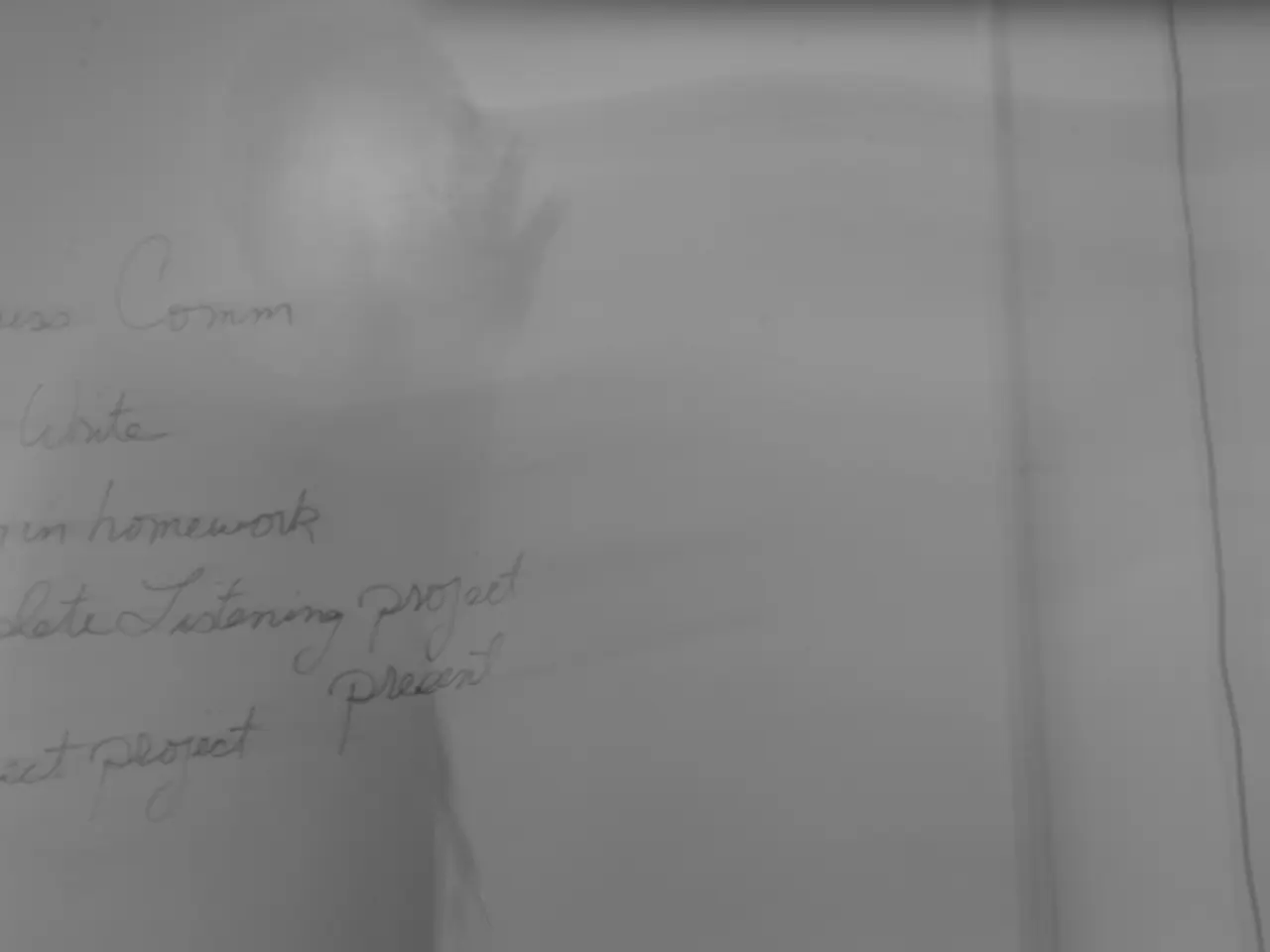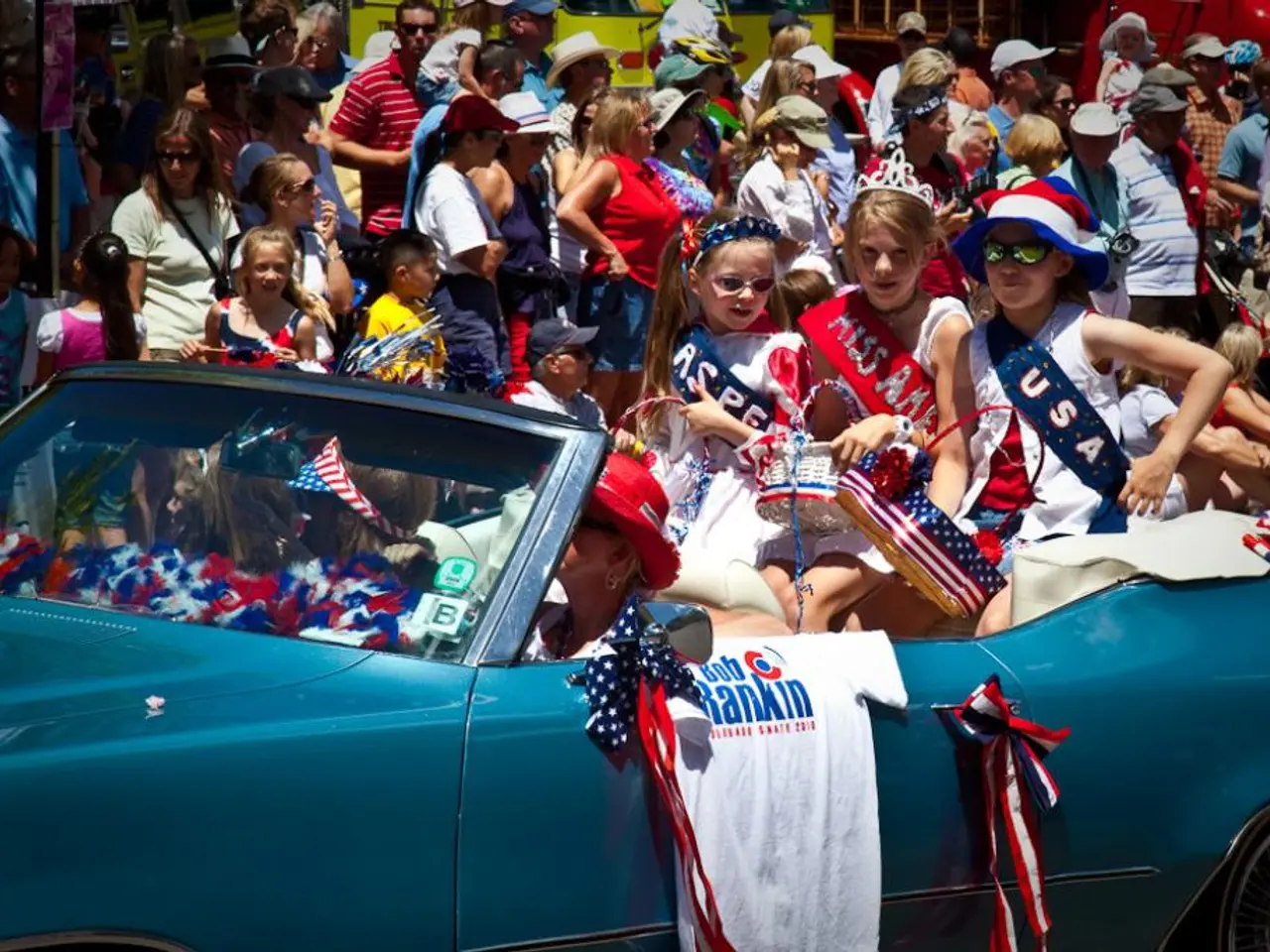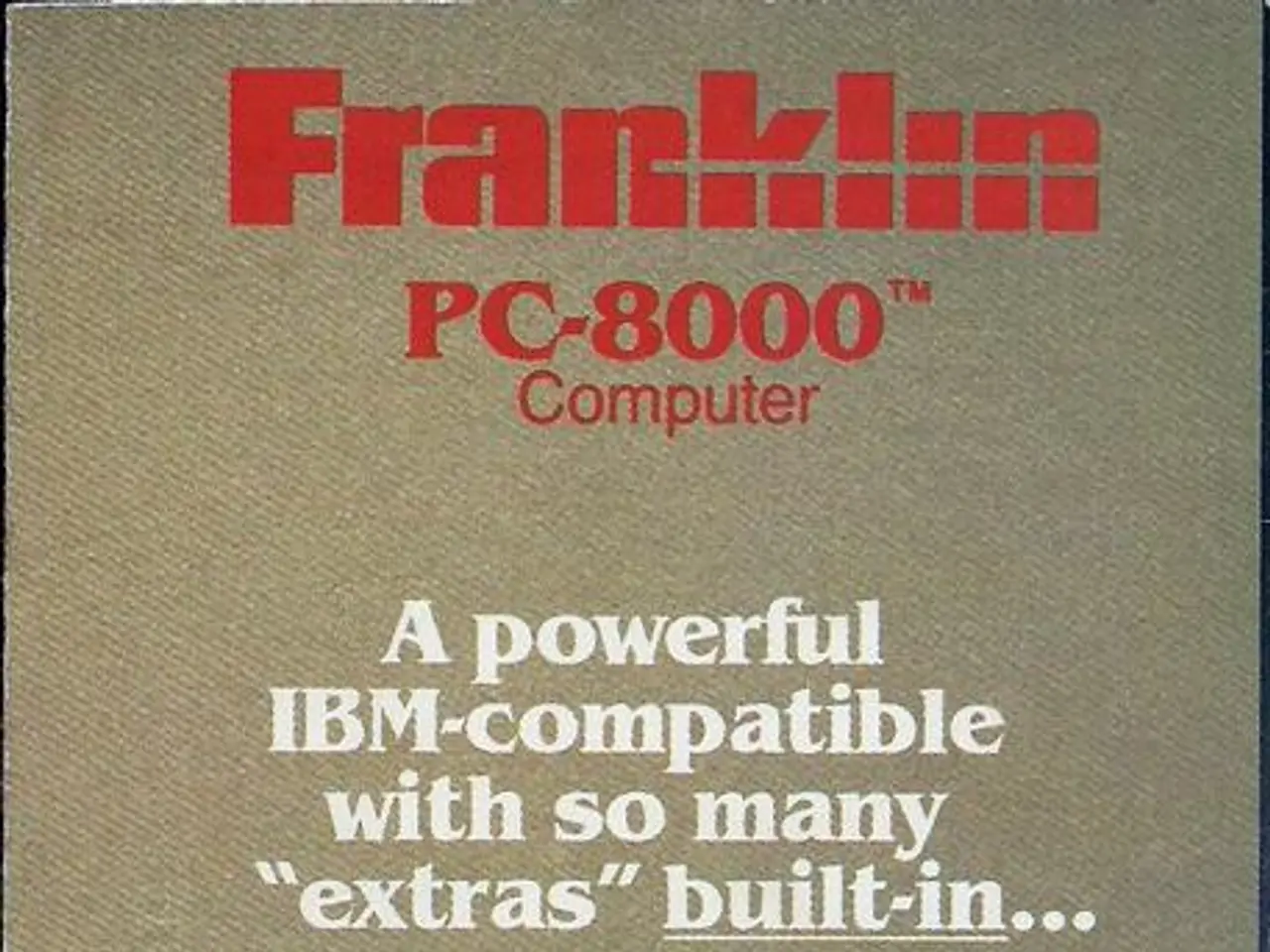Criticisms intensify as Toscani lashes out at Rehlinger;Commerçon retaliates, accusing the CDU of engaged in "political drama"
In the heart of German policymaking, a heated debate between CDU faction leader Stephan Toscani and SPD faction leader Ulrich Commerçon has emerged, centering on how to best address the economic challenges faced by the German steel industry.
Toscani, representing the CDU, has taken aim at the SPD-led federal government's green steel initiative, claiming it has not provided enough protection for domestic producers against international pressures like Chinese competition and US steel tariffs. On the other hand, Commerçon and the SPD have defended the initiative as crucial for long-term sustainable production and industrial competitiveness.
One of the key points of contention is the economic hardships faced by the German steel sector. The industry is grappling with deepening contraction, high energy costs, and global overcapacity. German manufacturing has been shrinking, as evidenced by the Purchasing Managers' Index (PMI) falling to 43.2 in July 2024, signaling worsening conditions.
The SPD-led government's push for green steel, emphasizing decarbonization using green hydrogen and climate-friendly production, has faced setbacks. For instance, ArcelorMittal recently canceled its climate-friendly conversion plans. CDU leaders like Toscani argue that this green initiative has failed to provide a reliable industrial framework to shield steel producers from global trade pressures and energy costs.
In response, SPD leaders, including Vice Chancellor and Finance Minister Lars Klingbeil, have emphasized the importance of green steel for maintaining a strong industrial base. They advocate for steel summits and international negotiations on tariffs and trade.
Toscani and the CDU are advocating for a "robust" steel strategy that includes the swift implementation of EU-level Steel and Metals Action Plans and stronger trade defense mechanisms against imports and tariffs to preserve domestic production and jobs.
Meanwhile, Commerçon has accused Toscani of exploiting the concerns of ZF employees to cover up the economic policy vacuum in the CDU. He has also called for a cross-party approach, suggesting an end to populist blame games and a focus on shared responsibility.
Commerçon has emphasized that the challenges of the German automotive industry are deeper, including a sales crisis in export markets such as the USA and China. He reminds that in the coalition agreement of CDU and SPD, it was agreed to shape the exit from the internal combustion engine "flexibly and pragmatically".
This debate reflects broader tensions in German policymaking between industrial competitiveness and climate goals amid a crisis in manufacturing and steel production. As the controversy continues, both leaders are responding to major industry setbacks, including US tariffs that remain at 50%, high energy costs, and the challenge of competing with Chinese steel producers. However, they differ on approach—CDU favors stronger protectionism and pragmatic industrial policy, while SPD prioritizes green transition despite short-term difficulties.
The ongoing debate between CDU and SPD faction leaders sheds light on the policy-and-legislation aspect of German politics, as they clash over the best approach to address economic challenges in the steel industry. This disagreement spills into the realm of general-news, with the outcome potentially shaping the future of steel production, trade, and international competitiveness.
Toscani, representing the CDU, and Commerçon of the SPD have been at odds over the effectiveness of the SPD-led federal government's green steel initiative, with Toscani arguing that it has not adequately protected domestic producers amid global pressures like Chinese competition and US steel tariffs. Meanwhile, Commerçon defends the initiative as vital for long-term sustainable production and industrial competitiveness, while also calling for a cross-party approach to tackle more than just the steel sector's challenges.
